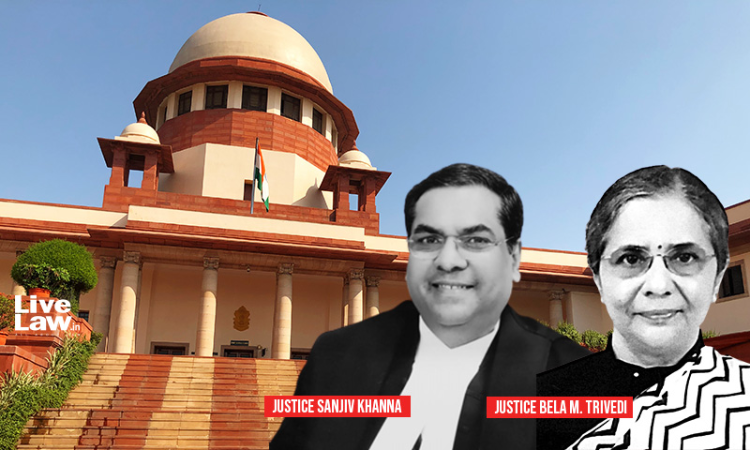Revisional Jurisdiction Of NCDRC Extremely Limited, Reiterates Supreme Court
LIVELAW NEWS NETWORK
21 Jan 2022 6:40 PM IST

Next Story
21 Jan 2022 6:40 PM IST
The Supreme Court observed that the revisional jurisdiction of the National Commission under Section 21(b) of the Consumer Protection Act is extremely limited.It should be exercised only in case as contemplated within the parameters specified in the said provision, namely when it appears to the National Commission that the State Commission had exercised a jurisdiction not vested in it by law,...
